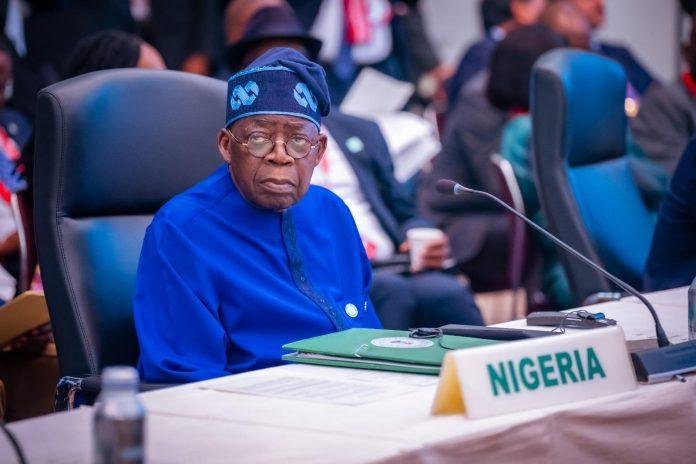Nigeria’s Public Debt has hit ₦152.4 trillion as Tinubu’s borrowing rises despite purported revenue gains.
NewsOnline Nigeria reports that Nigeria’s total public debt has climbed to ₦152.4 trillion as of June 30, 2025, up from ₦149.39 trillion recorded at the end of March, according to new data released by the Debt Management Office (DMO).
The figures show a ₦3.01 trillion (2.01%) increase in just three months, despite steady inflows from oil and non-oil revenue sources. In dollar terms, the country’s debt rose from $97.24 billion to $99.66 billion, marking a 2.49% uptick.
ALSO: Opposition Lawmakers Endorse Prof. Joash Amupitan’s Appointment as INEC Chairman, Urge Him Not to Fail Nigerians
Nigeria’s external debt increased slightly to $46.98 billion (₦71.85 trillion) in June from $45.98 billion (₦70.63 trillion) in March. Multilateral creditors remain the largest lenders, holding $23.19 billion or 49.4% of the nation’s external debt portfolio.
The World Bank’s International Development Association (IDA) tops the list with $18.04 billion, while bilateral loans total $6.20 billion, dominated by the Export-Import Bank of China at $4.91 billion. Other bilateral lenders include France, Japan, India, and Germany.
Commercial loans stood at $17.32 billion, largely made up of Eurobonds, which now account for 36.9% of external debt, alongside $268.9 million from syndicated and commercial bank facilities.
Analysts warn that Nigeria’s rising reliance on Eurobonds and market-based loans exposes the country to global interest rate risks, while dependence on concessional loans from international institutions underscores ongoing fiscal strain and limited access to affordable domestic credit.
On the domestic side, total debt rose from ₦78.76 trillion in March to ₦80.55 trillion in June, a ₦1.79 trillion increase.
Federal Government bonds dominate the local debt structure, accounting for ₦60.65 trillion or 79.2% of total domestic debt. This includes ₦36.52 trillion in regular naira bonds, ₦22.72 trillion in securitised Ways and Means advances, and ₦1.40 trillion in dollar-denominated bonds.
Other components include ₦12.76 trillion in Treasury bills, ₦1.29 trillion in Sukuk bonds, ₦91.53 billion in savings bonds, ₦62.36 billion in green bonds, and ₦1.73 trillion in promissory notes — both naira and foreign currency obligations.














